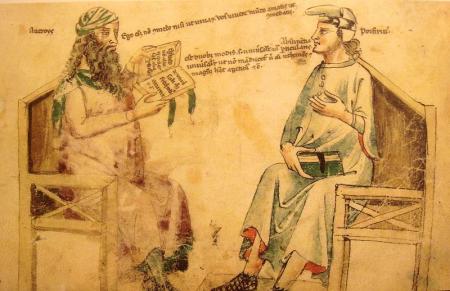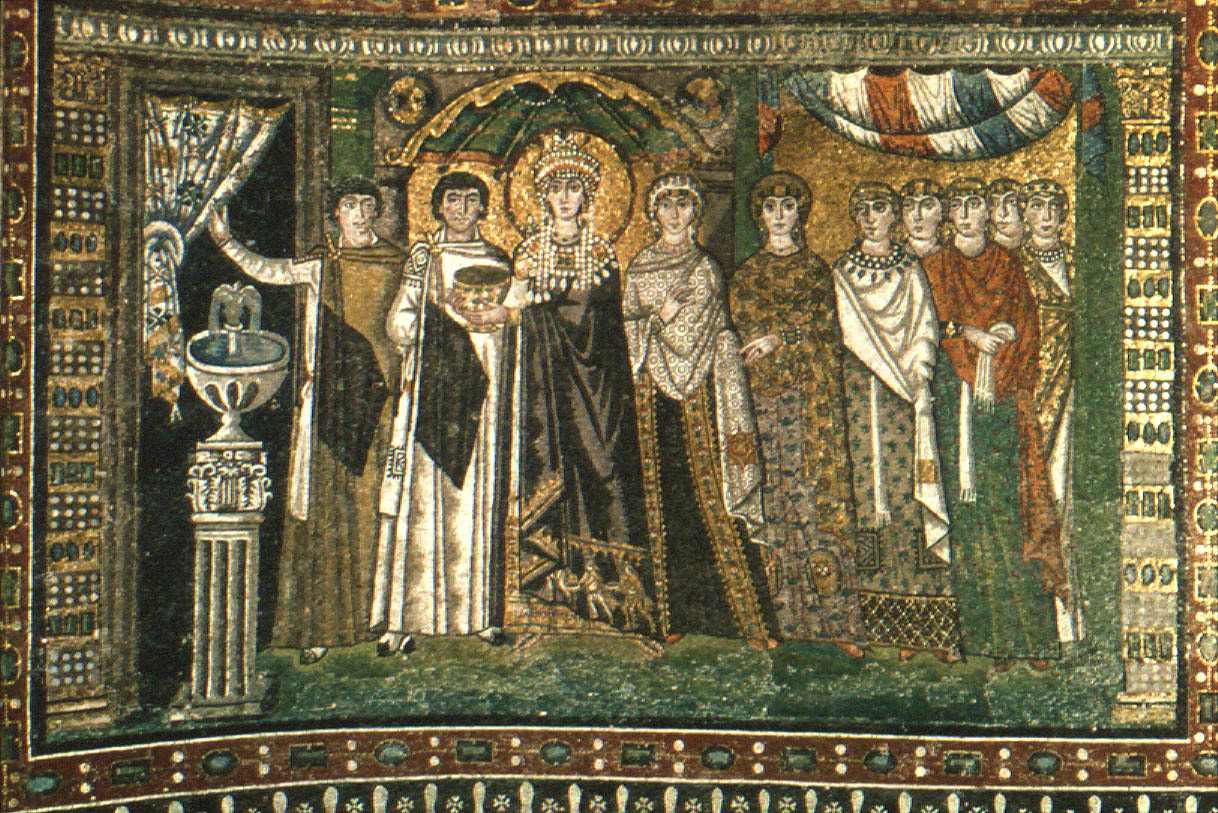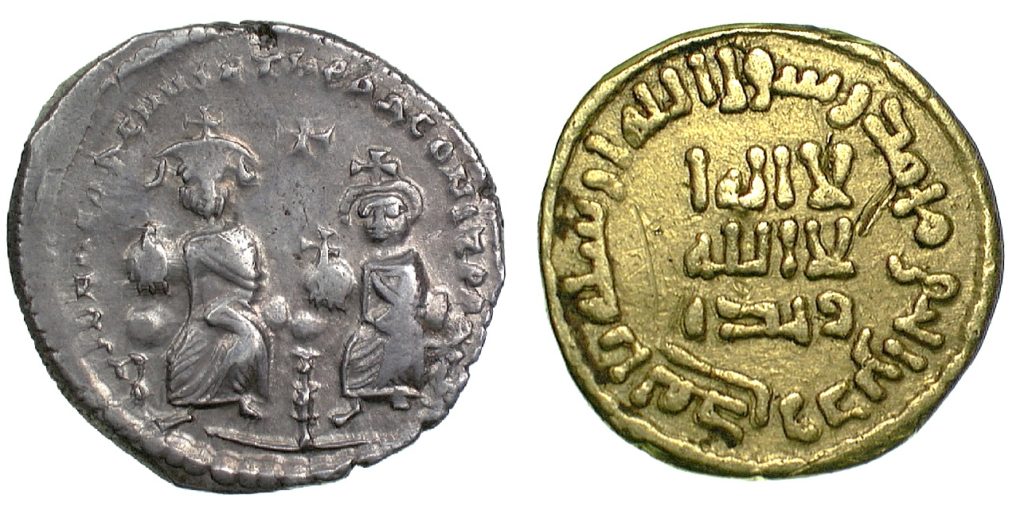In 2010, during a speech about the natural environment and
Islam, Prince Charles heaped praise on Islamic history. In particular, he made
a link between Europe and the orient, claiming that ‘many of the traits on
which modern Europe prides itself came from Muslim Spain’. One of these traits
could surprisingly to some, be religious tolerance. For example, while in
Western Europe, Jews especially were a marginalised minority being compared to
a ‘cancer attacking a Christian baby’ and therefore being expelled from many
parts of Europe, a flourishing Muslim Spain became home to jews, Christians and
Muslims who all lived together in relative harmony, in Convivencia. However, it
was not just tolerance and liberal values that were transferred from Southern
to Northern Europe via the bridge that was Andalucia. In fact, many common
commodities whose origins are neglected today, took their root in the East,
some of which I shall list below.
 |
| transmission of knowledge |
1)
Knowledge – In Islamic teaching, knowledge that
will advance and enrich humanity Is valued intensely. Therefore under the
Muslim rule of Spain, scholars recovered the ‘lost’ Greek knowledge of such
philosophers such as Aristotle and translated old works of wisdom in Toledan
language labs where members of all 3 religions worked together. This resulted
in advancements in Geography (pilgrimage and travel is/was very important to
Muslims), law, philosophy and most obviously – science. *Search Ibn Al Haytham.
Not only did Muslims translate and collect this knowledge to be passed onto the
west but they also created new knowledge e.g. Averroas, a prominent Muslim
Scholar added commentaries to the works of Aristotle which were then used by later
figures such as Aquinas. Books were also sent from Baghdad to Spain!
 |
| water wheels aided gardens and fruits |
2)
Water wheels. Whilst the Romans boasted the
technology of Aqueducts, the Moors *Muslims of Spain, improved upon this and
created the water wheel which aided agricultural cultivation and the growth of
fruits. Moreover these ‘celestial spheres’ as one contemporary described them
also helped provide running warm water into most Spanish homes, something which
was a luxury in western Europe and wasn’t seen till centuries after.
3)
Fruit – citrus fruit was also brought into Spain
by Muslim leaders who enjoyed the smell and used them to decorate their
gardens. Such fruits such as lemons, orange, pomegranates and commodities such
as artichoke, ginger and saffron further improved the health of Spaniards in an
age where bubonic plague was devouring the rest of Europe.
 |
| Ziryab |
4)
Health and hygiene – one cultural icon who
greatly improved health and hygiene was Ziryab who introduced
toothpaste/hairstyles from Baghdad (cultural capital of the world at that
point). Perfume was another innovation as was shampoo made of salt and rose
water, crystal glasses, certain clothing associated with seasons etc.
5)
Streetlights – The streetlights in Cordoba were
described by one poet ‘as a string of pearls’ adorning the night sky.
6)
Music – did you know that the mournful melodies
in the background of Flamenco music have Arabic influences? The guitar also had
it’s origins in Moorish Spain.
7)
Medicine – Moorish physicians between the 9th
and 12th century came up with instruments to cut veins and also
instruments to aid in childbirth. They further came up with treatments for eye
diseases which were used right up until world war one. Avicenna also came up
with the medical textbook of ‘cannon’ which was used in Europe for 500yrs! Ibn
Haytham – ‘the father of optics’ was the first to explain how light is
projected to the back of the eye. He further came up with the experimental
 approach to science moving science from it’s pure basis to a practical version
we know today.
approach to science moving science from it’s pure basis to a practical version
we know today.
Those who claim that Islam has given ‘nothing valuable’ to
the world can be shown the above. In fact It was because of Islams command to ‘seek
knowledge’ that such innovations *especially in regards to knowledge’ were
possible. Islamic Spain was arguably a bridge which connected this knowledge
and innovations to the rest of Europe.
**I’ve had to try my hardest to condense this post to be brief.
However, I’ve written a full 5000+ document on Moorish Spain and what it gave
to the world where everything I’ve written here + much more is explained in
significantly more depth– this was written a couple of years back so if you
would like to read it please email me on: alysha2912@gmail.com
and I will be more than happy to send you a copy.











